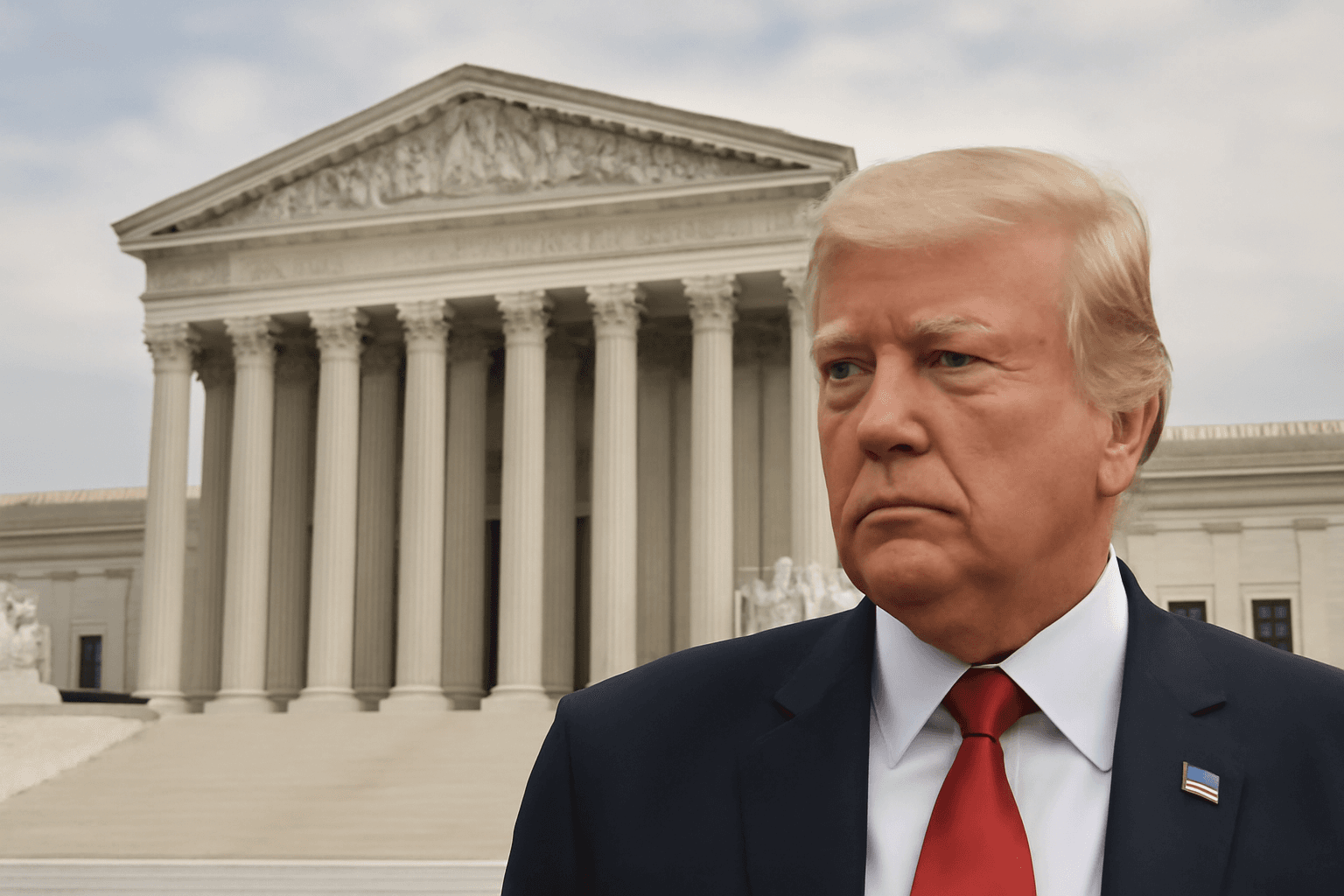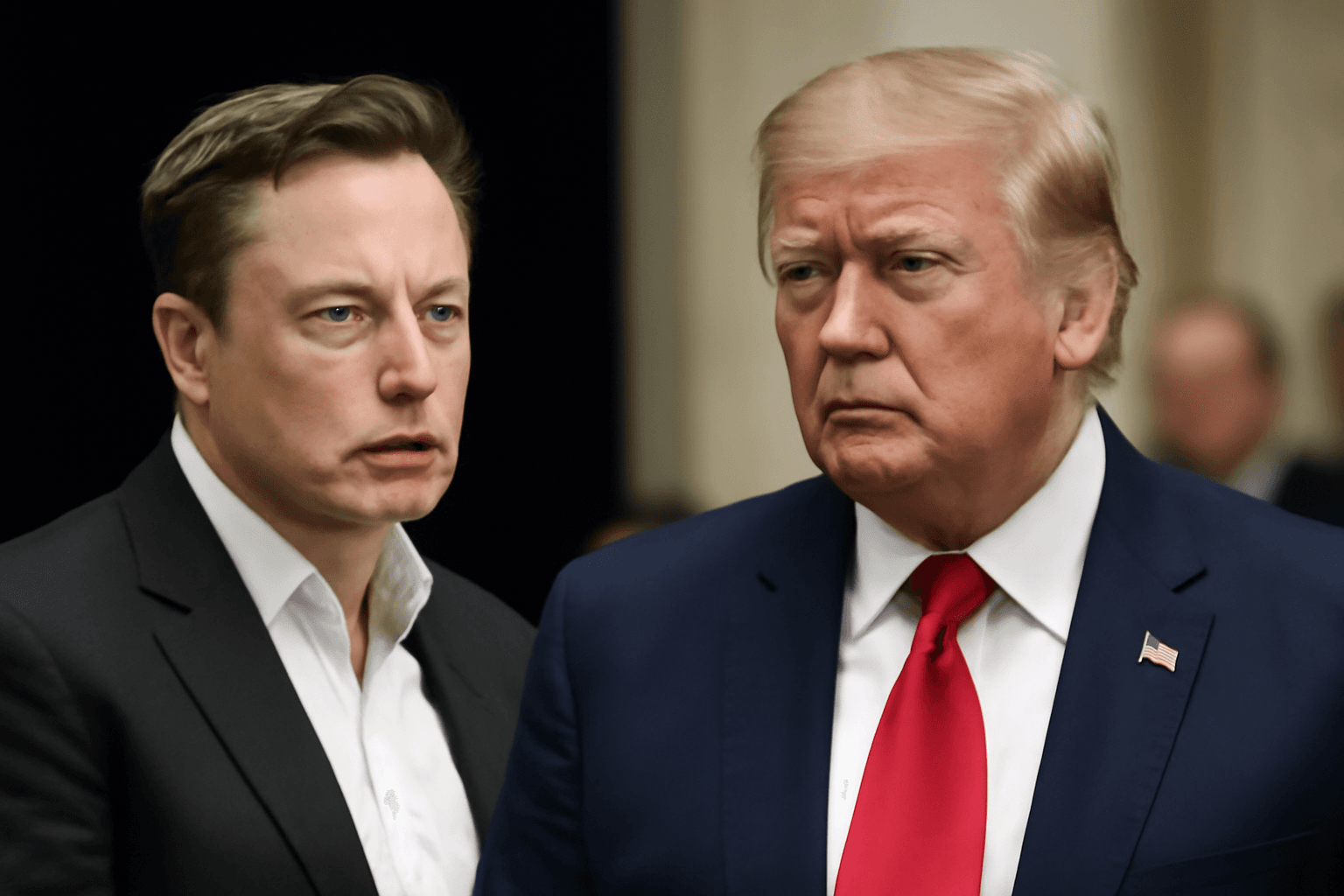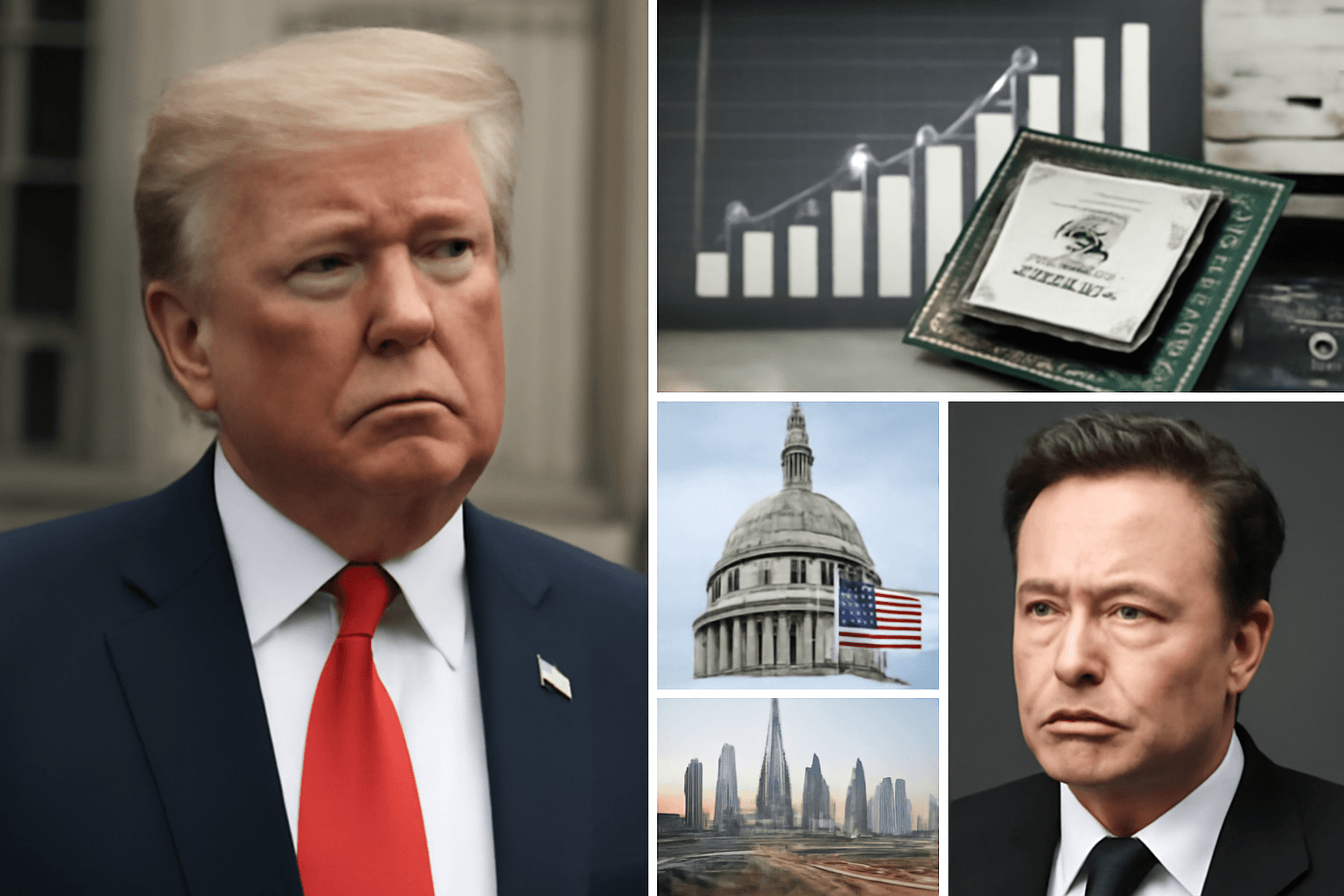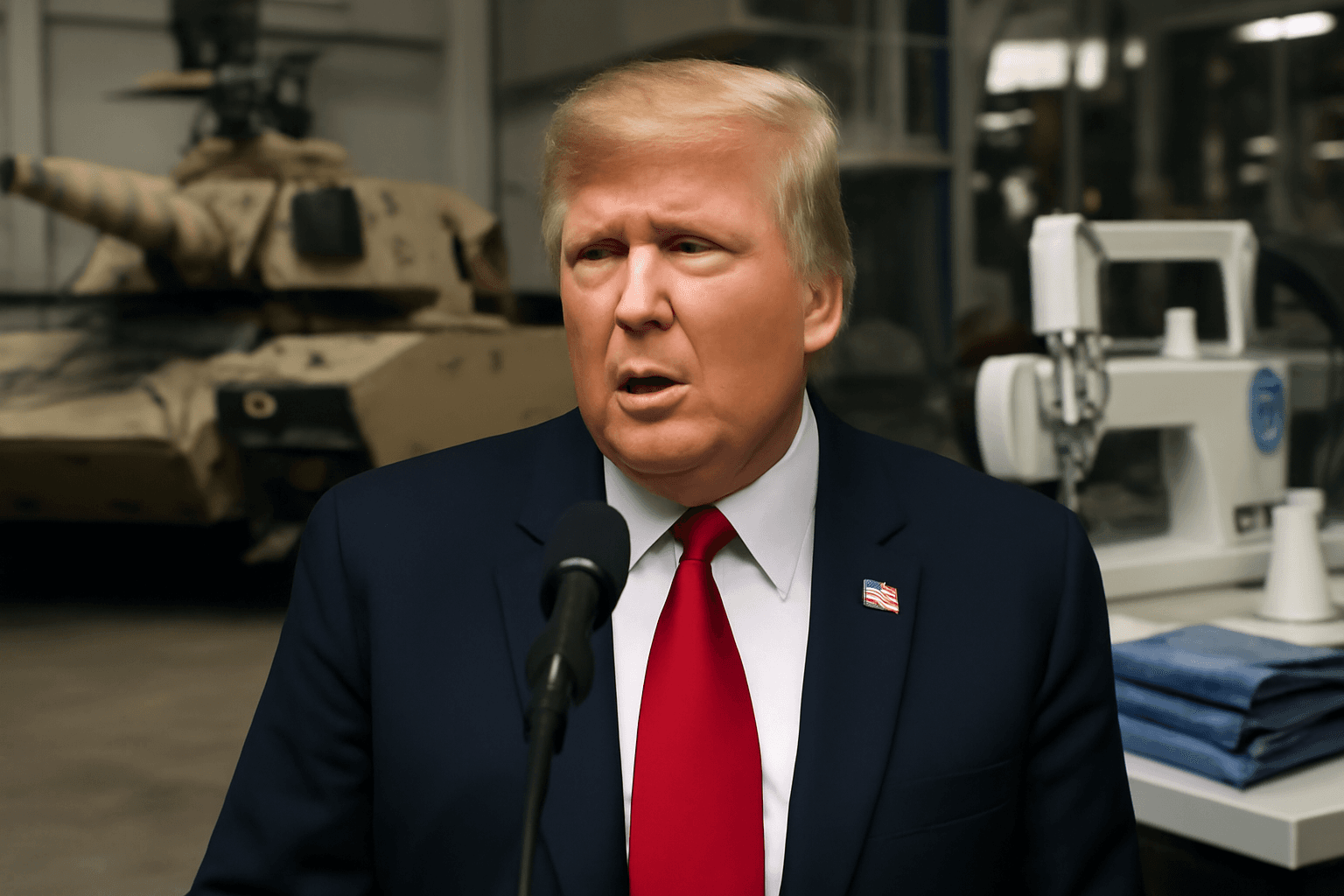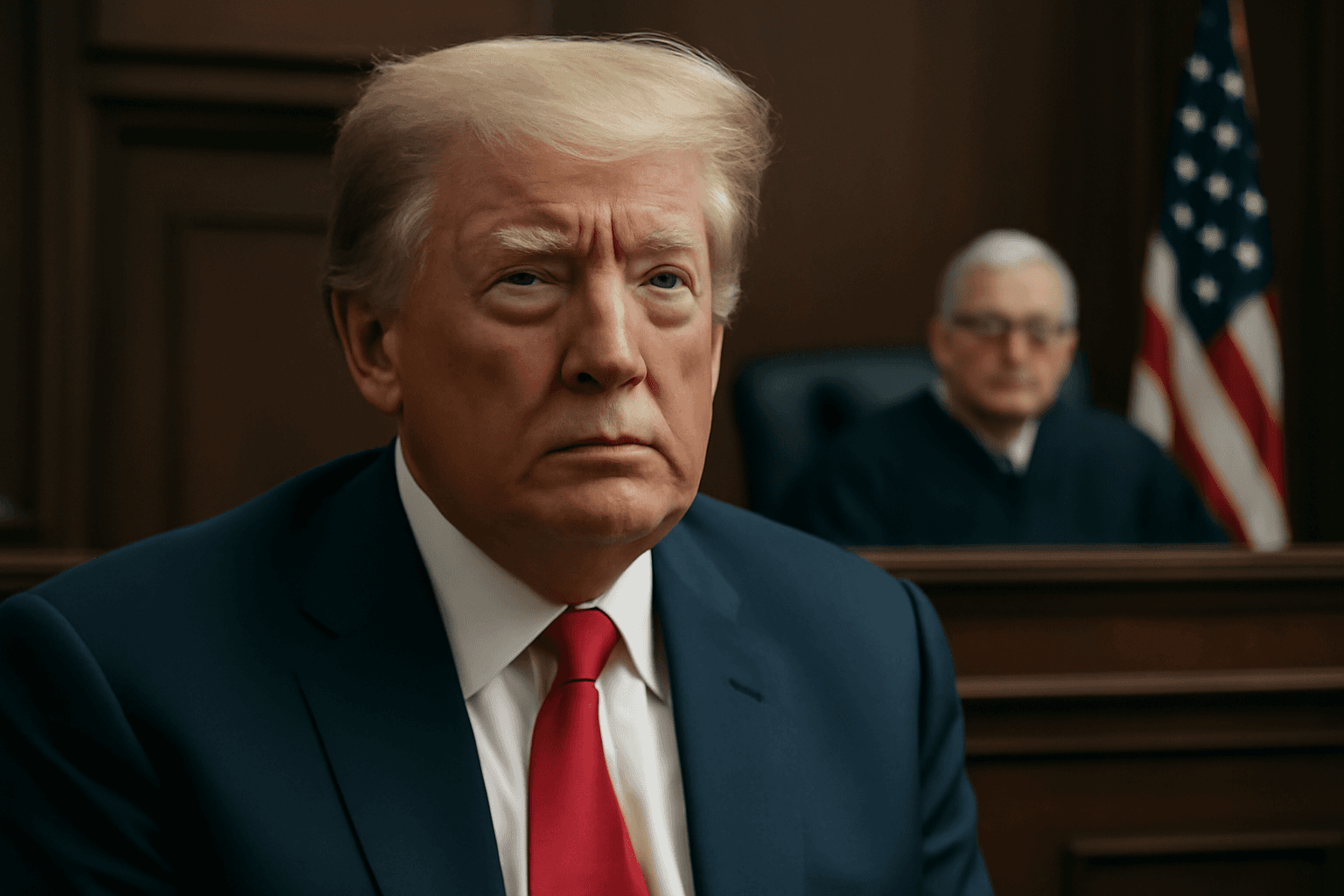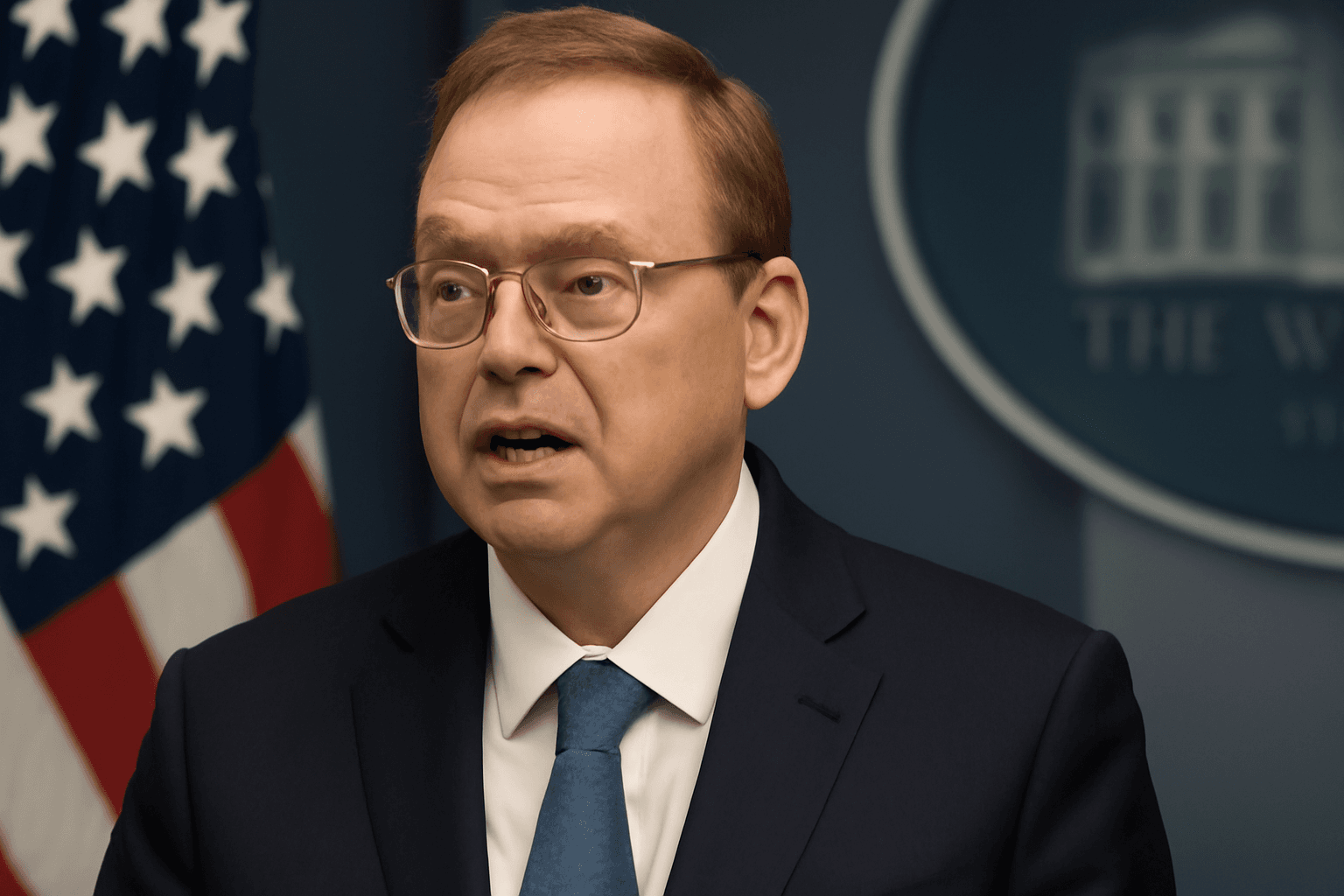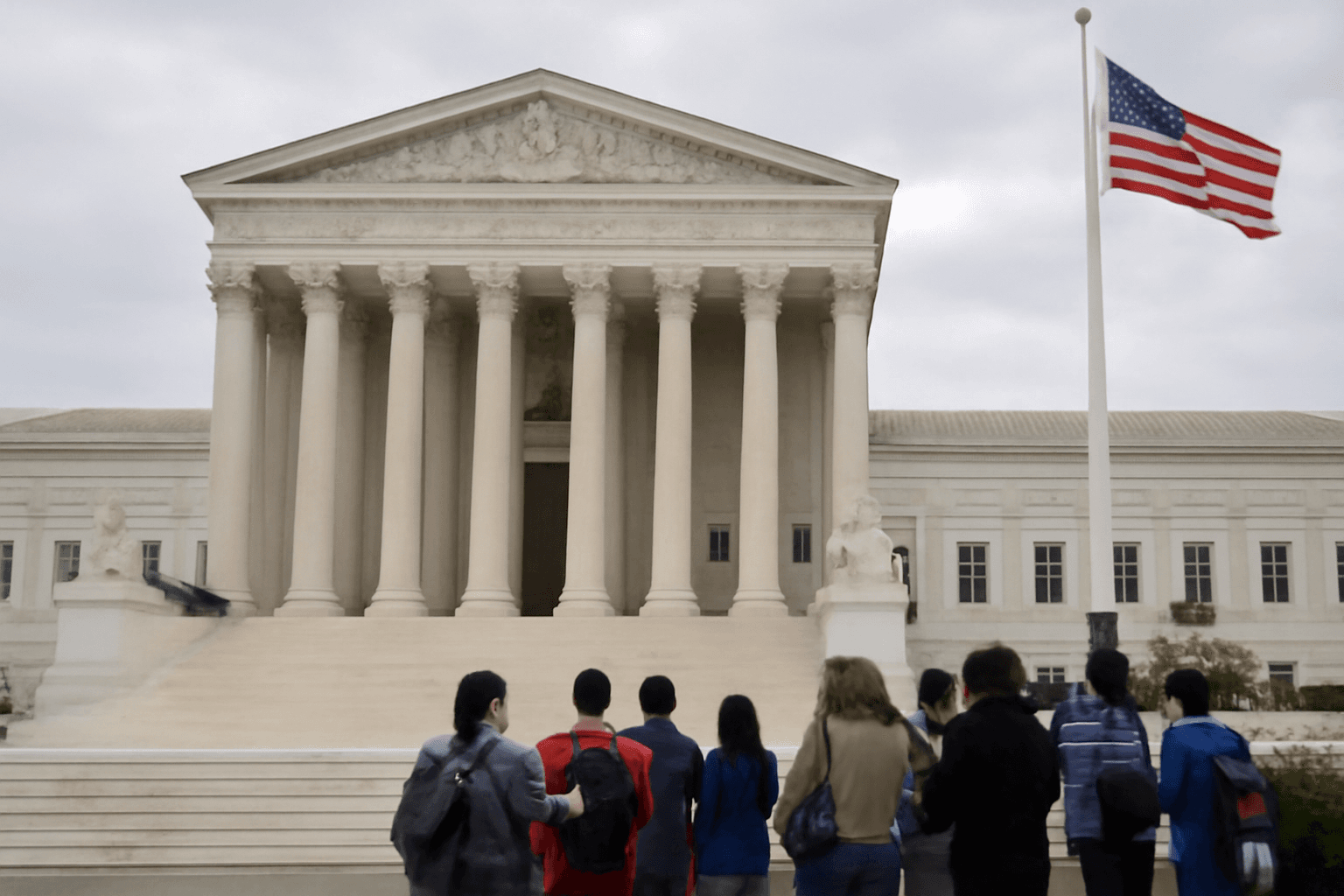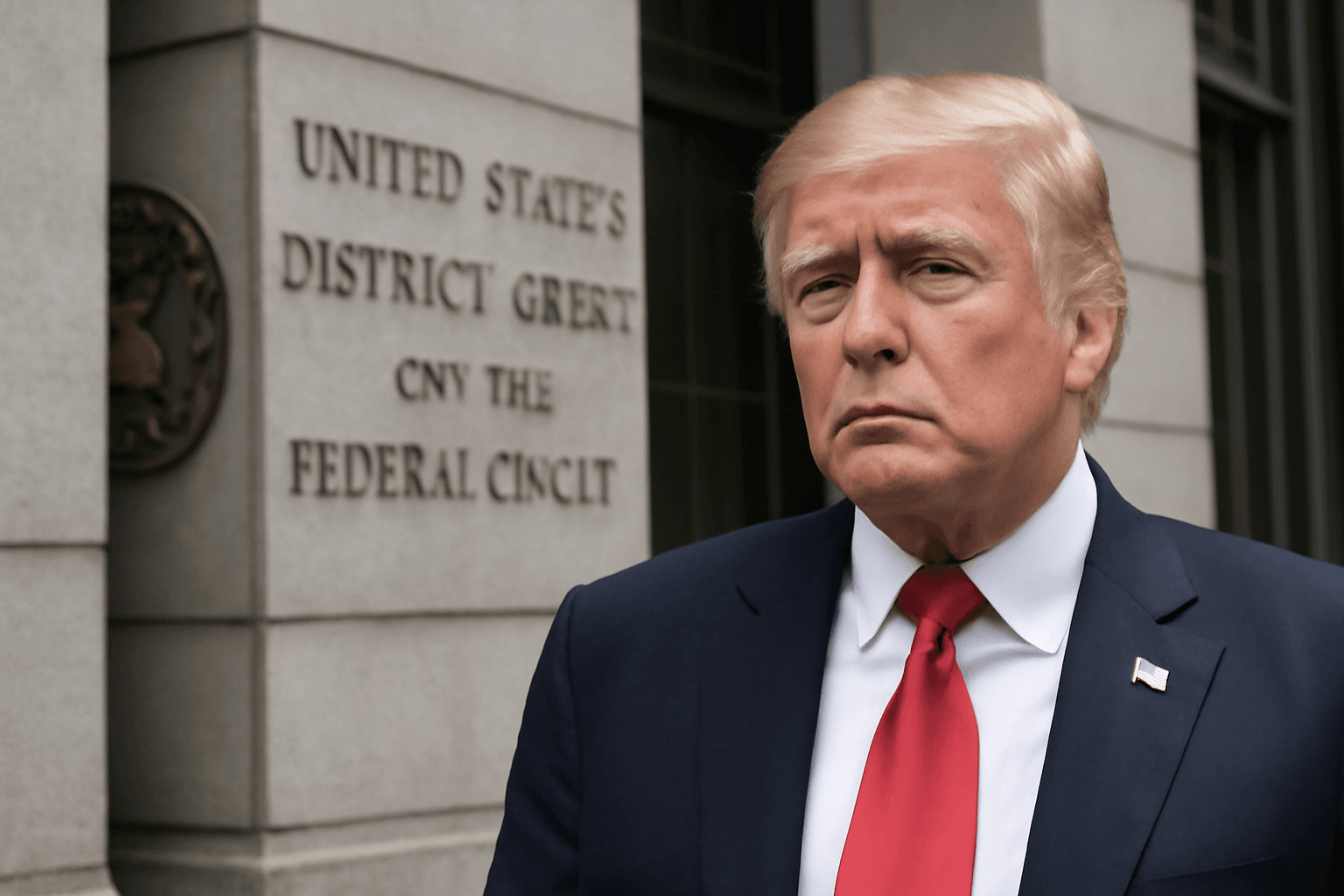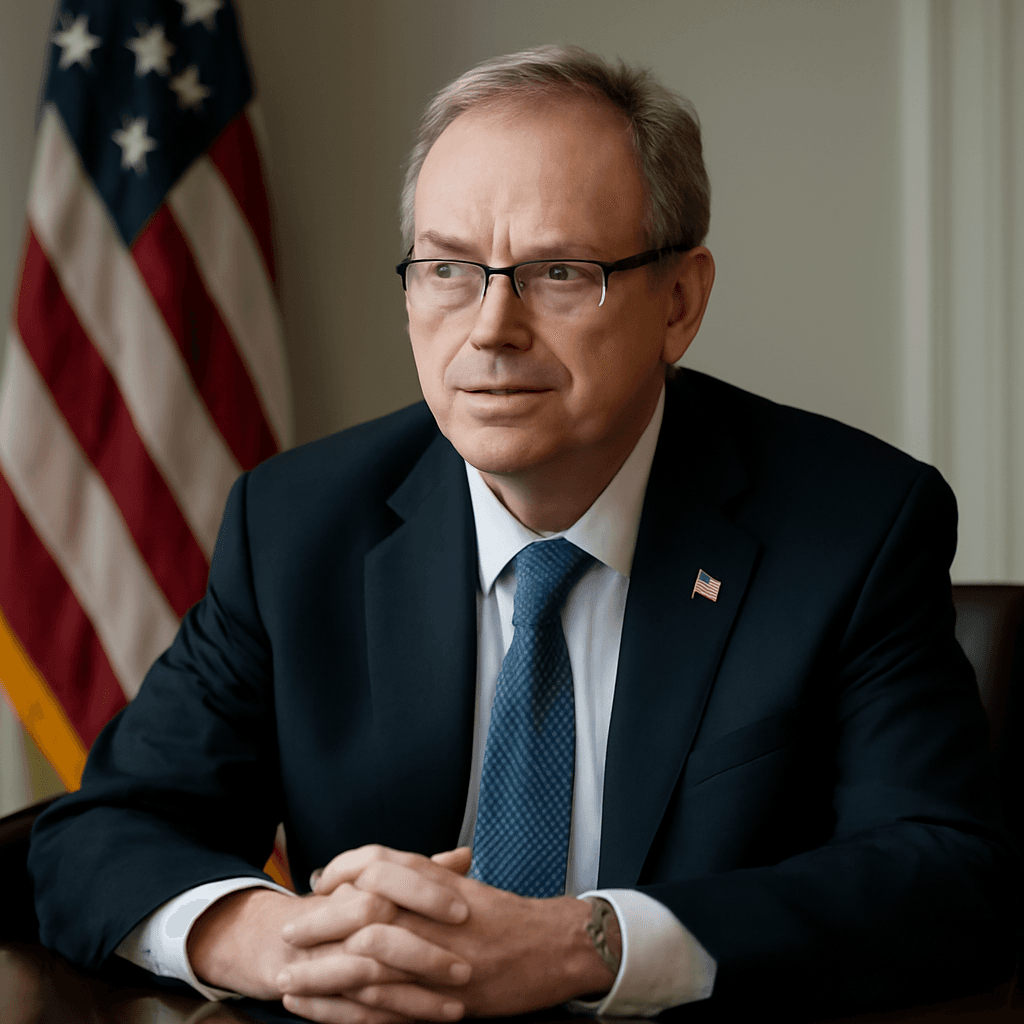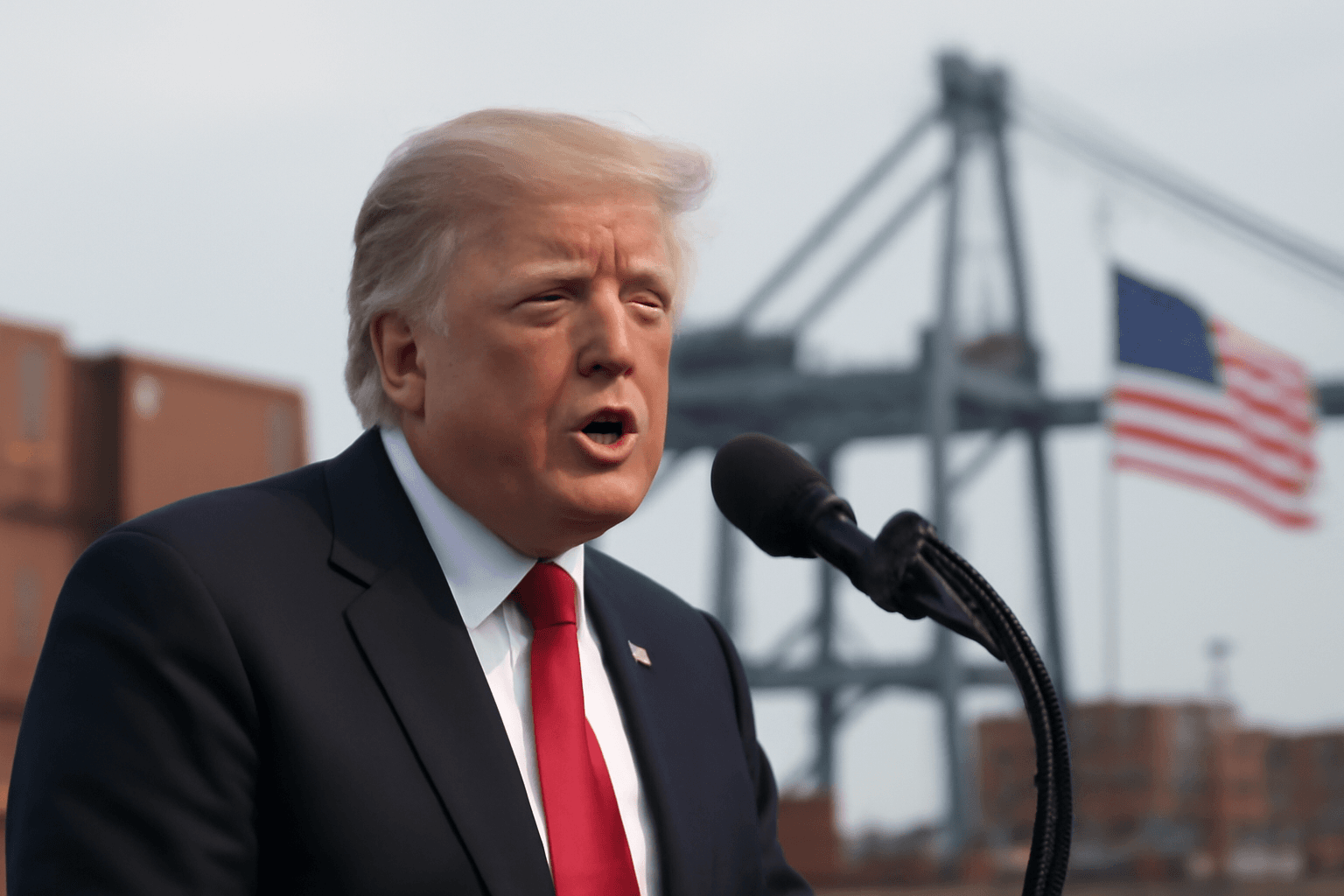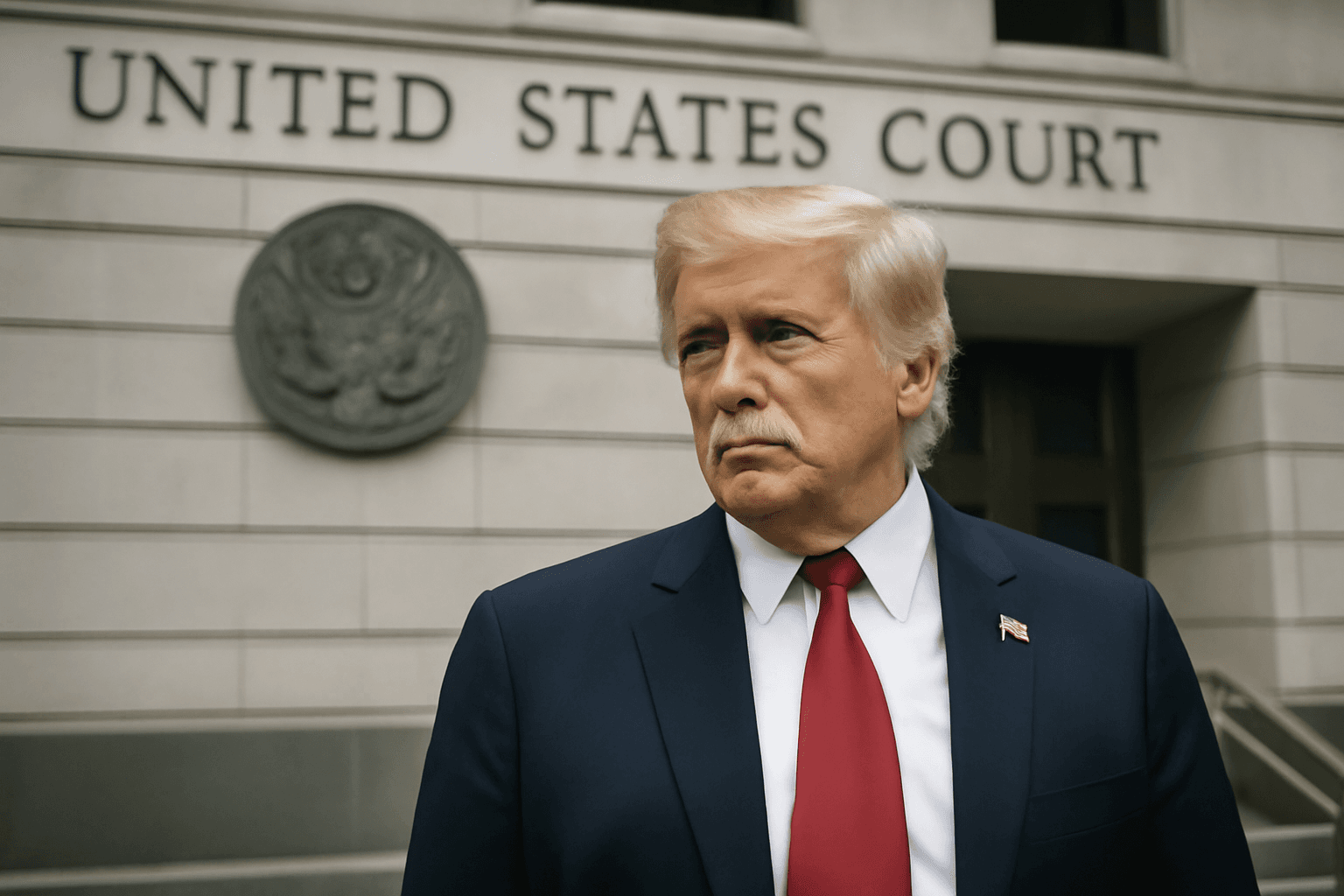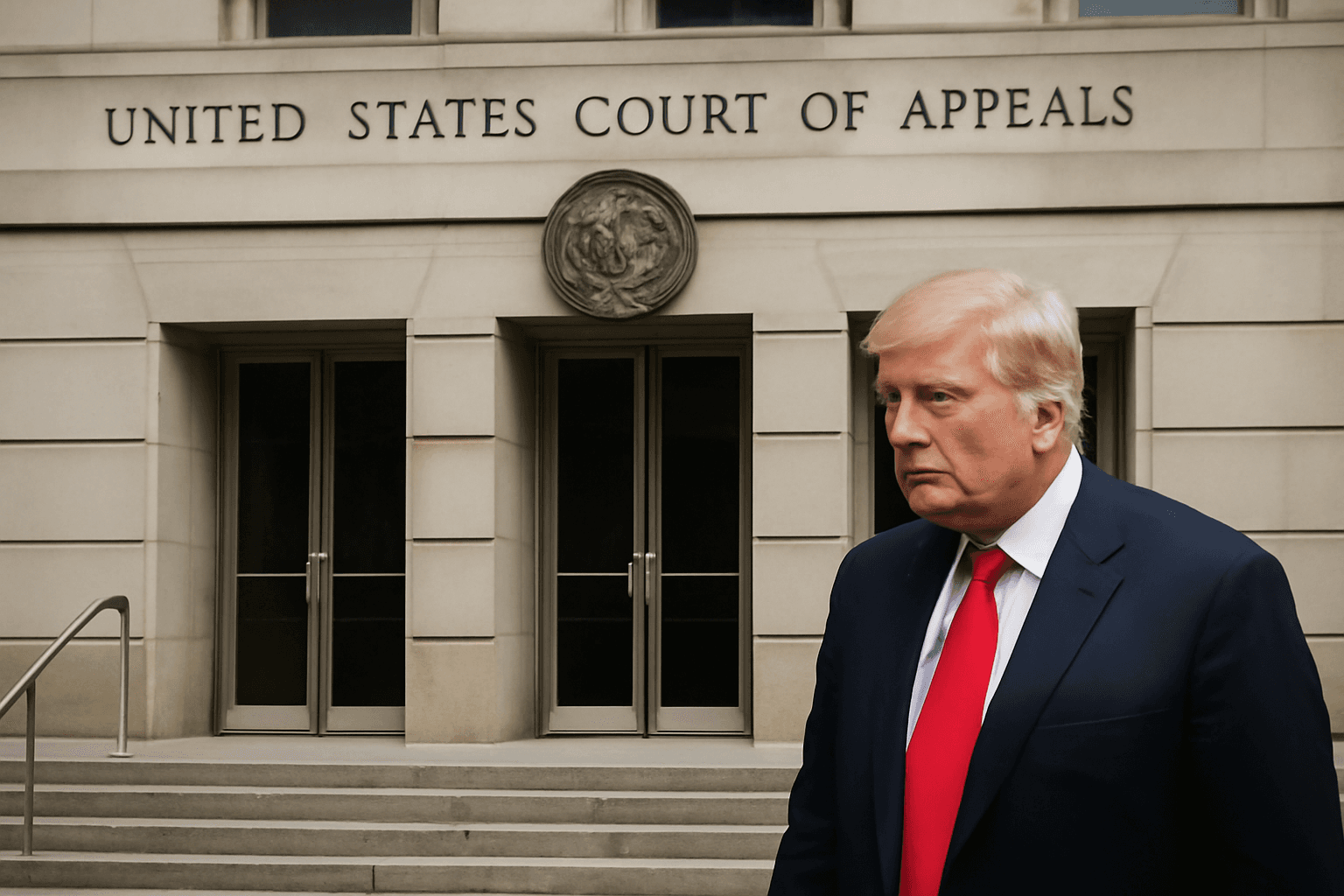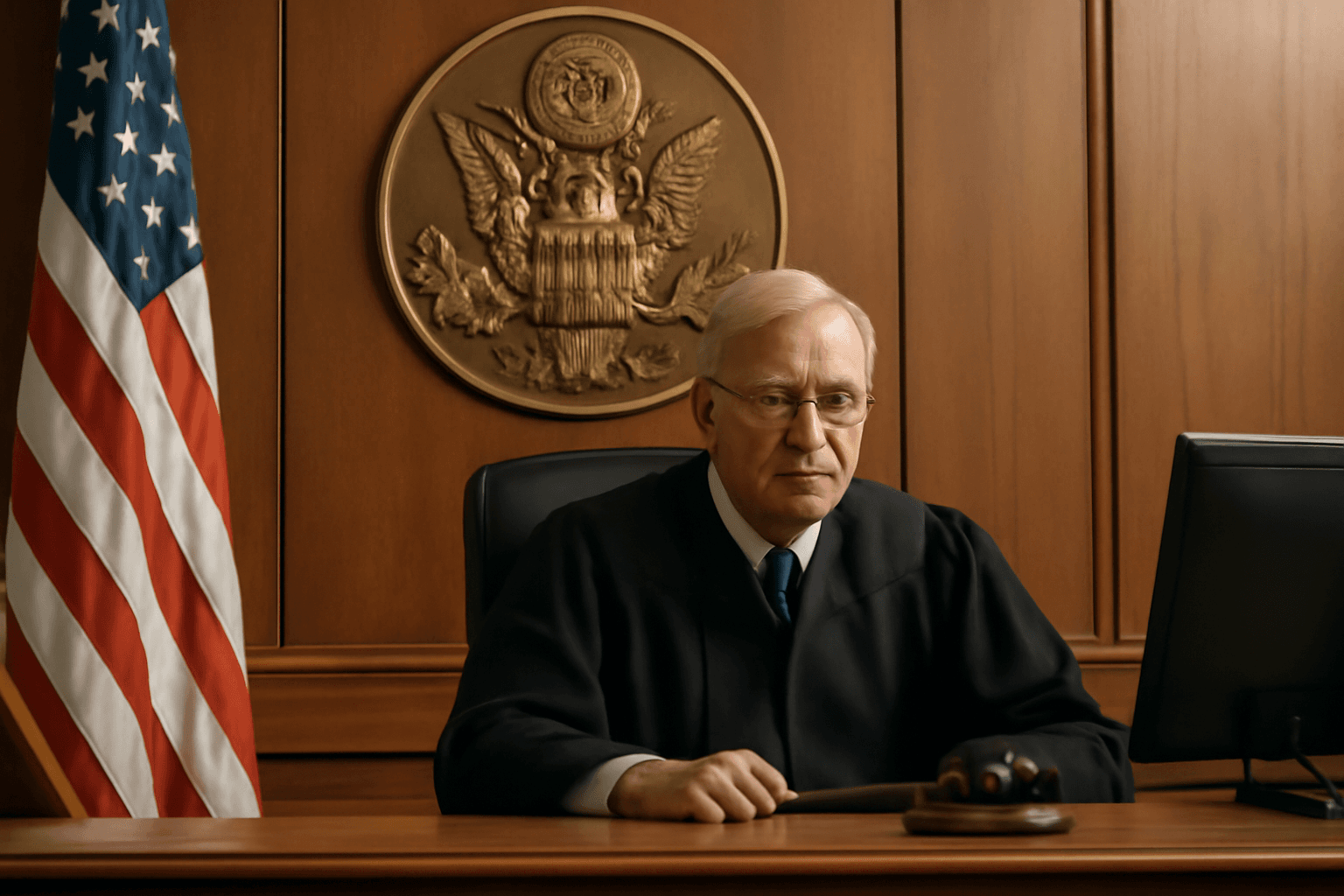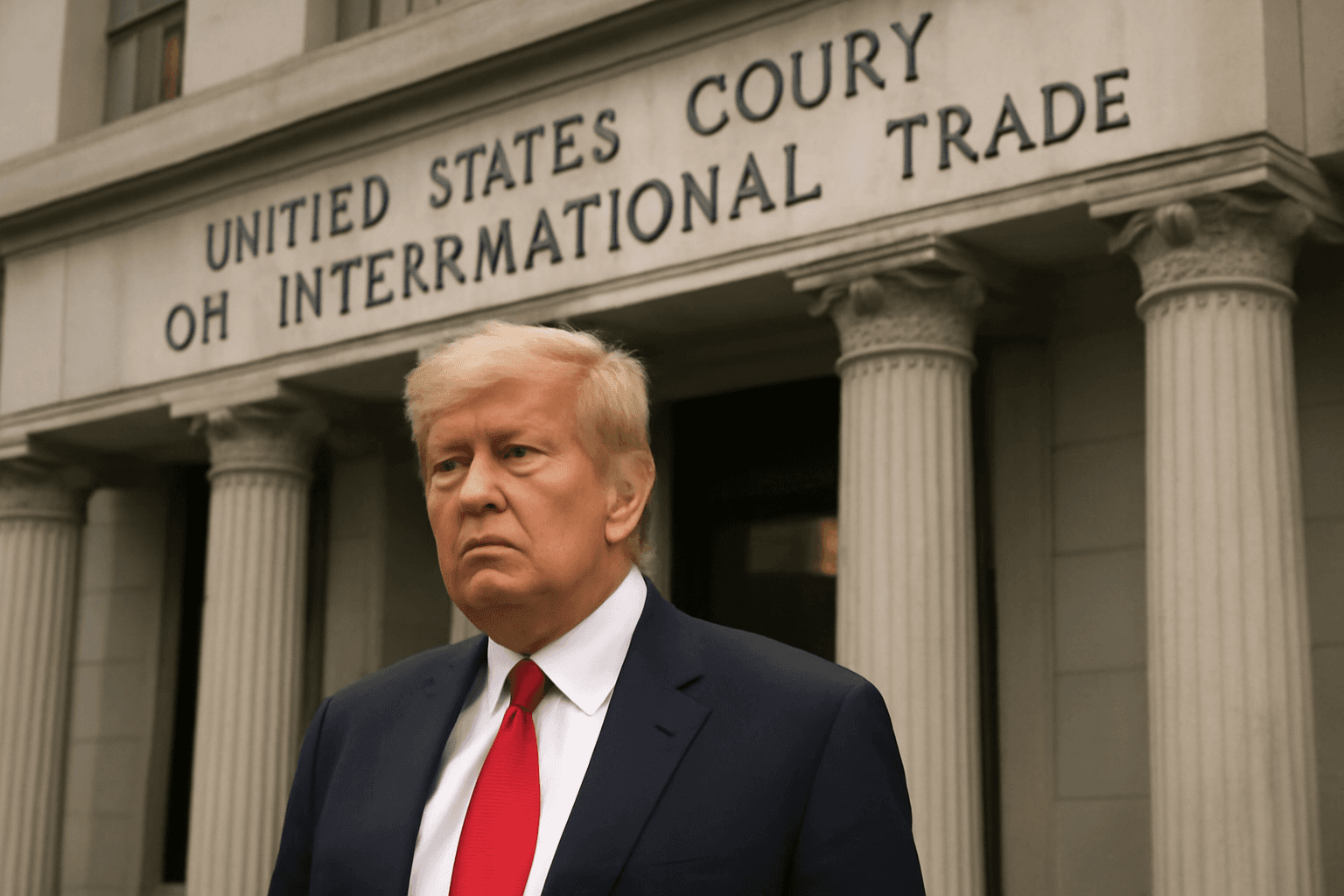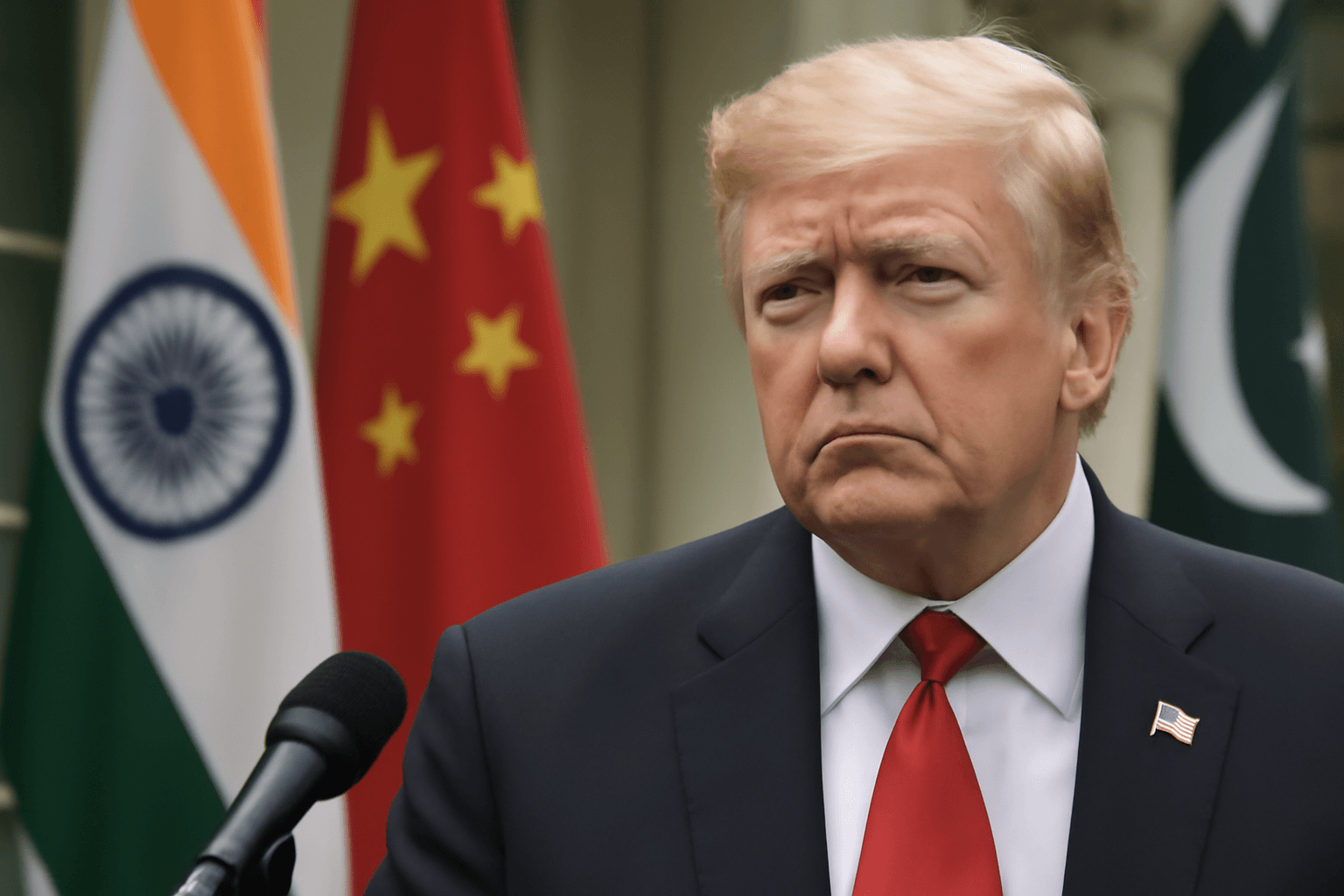The Trump administration announced plans to potentially request the U.S. Supreme Court as early as Friday to immediately suspend a federal court ruling that invalidated numerous tariffs implemented by President Donald Trump.
In a filing with the U.S. Court of Appeals for the Federal Circuit on Thursday, the administration emphasized the urgency of obtaining "emergency relief" to prevent significant national security and economic harm. However, the government stated that it would only proceed if the appeals court does not promptly issue a temporary hold on the tariff ruling.
This development follows a decision by three judges from the U.S. Court of International Trade, who on Wednesday night struck down many of Trump's "reciprocal" tariffs, dealing a substantial setback to his trade agenda. The ruling specifically blocked tariffs imposed under the International Emergency Economic Powers Act, citing that the law does not grant presidents unlimited authority in this domain.
The Trump administration simultaneously requested that the trade court halt enforcement of its ruling during the appeal process. Another federal judge in Washington, D.C., has also recently ruled that several of Trump's tariffs are unlawful.
White House Deputy Chief of Staff Stephen Miller denounced the judiciary's actions as "judicial tyranny," while senior advisors like Peter Navarro and Jason Miller accused the courts of bias against the administration's trade policies, labeling judges as "globalist" and "pro-importer." Notably, the three trade court judges were appointed by Presidents Ronald Reagan, Barack Obama, and Donald Trump respectively.
The administration criticized the court's interpretation of presidential tariff authority as dangerously flawed and warned that negating the tariffs threatens ongoing diplomatic efforts and national security. Representatives from the State, Commerce, Treasury departments, and the U.S. Trade Representative echoed concerns that the ruling could derail recent preliminary trade agreements, notably with China.
Despite this injunction, experts note that the administration retains alternative legal pathways to impose import taxes, referencing Sections 122 and 301 of the Trade Act of 1974, along with Section 338 of the Trade Act of 1930. Navarro expressed confidence that the government has multiple lawful options to pursue its trade objectives.
If upheld, the court’s decision would block all retaliatory tariffs issued by Trump earlier this year under his trade restructuring initiative and prevent future alterations to these tariffs. The ruling mandates the administration to comply with this prohibition and allow time to make necessary adjustments.
The tariffs represent a critical component of Trump's economic policy, designed both to protect American industries and to finance tax cuts and increased military spending. The evolving legal battles surrounding these tariffs underscore the complex interplay between executive power and judicial oversight in trade policy.

